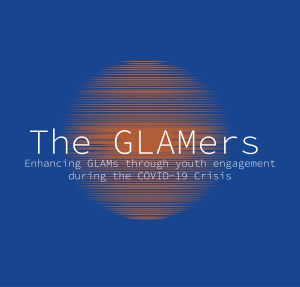Digital sobriety
1. What is digital sobriety?
Digital sobriety refers to a reduction of the carbon footprint, of energy consumption, etc. associated to the use of the digital technology. It is an approach that aims to reduce the environmental impact of digital technology by limiting its uses. The expression “digital sobriety” was coined in 2008 by the association GreenIT.fr to designate “the process of designing more sober digital services and moderating its daily digital uses”.
According to a report by the Shift Project (https://theshiftproject.org ), digital technology is responsible for 3.7% of global CO2 emissions in 2018 and, according to a GreenIT.fr report, for 3.8% of greenhouse gas emissions. greenhouse gases. “Digital overconsumption”, according to The Shift Project, is therefore neither sustainable nor essential to economic growth, from which it is decorrelated, nor compatible with the international commitments made by the European Union, in particular the Paris Climate Agreement (2015, https://ec.europa.eu/clima/eu-action/international-action-climate-change/climate-negotiations/paris-agreement_it). It is then crucial limiting the use of digital technology to reduce its ecological footprint.
Information technology is presumed to be one of main sectors for sustainable development. It reduces the use of materials many activities (for example, the amount of paper we are using), avoiding physical travels (lowering the request for fuel and limiting pollution) and improving manufacturing activities. However, as all the technologies, its use should be “sober” since the excessive use of digital devices risks wiping out the benefits of the digital transition.
Contrary to what one might think, digital technology has a strong impact on our environment. Manufacturing our phones, computers and televisions requires a lot of resources: plastic, glass, metals including rare earths. Transforming materials and producing them requires energy, often from fossil sources in producing countries. Data centres, the giant servers that store digital information, consume a lot of electricity. The regular renewal of our IT equipment leads to mountains of unused devices in our drawers. Digital technology, which is developing more and more in terms of data flow and new equipment, is therefore a serious issue in terms of ecological transition.
